Author Bio
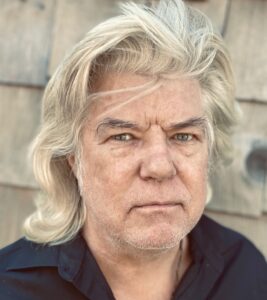
photo: Melissa Ginsburg
Chris Offutt grew up in Haldeman, Kentucky, population 200, a former mining town in the Appalachian hills.
His books include Shifty's Boys, The Killing Hills, Country Dark, Kentucky Straight, Out of the Woods, The Good Brother, The Same River Twice, No Heroes, and My Father the Pornographer.
He wrote and produced scripts for True Blood, Weeds, and Treme. His television work was nominated for an Emmy.
His work is in many anthologies, including The Pushcart Prize, Best American Short Stories, Best American Essays, Best American Memoirs, Best American Food Writing, Best of the Decade: New Stories of the South, and The Vintage Book of American Short Stories.
His writing has been supported by a Guggenheim Fellowship, a Whiting Writers Award, a fellowship from the Lannan Foundation, and a grant from the National Endowment for the Arts. He received an award from the American Academy of Arts and Letters for “prose that takes risks.” The international magazine Granta included him in its list of the “Top 20 Young American Writers.”
He currently lives in rural Lafayette County near Oxford, Mississippi.
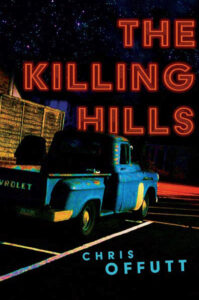
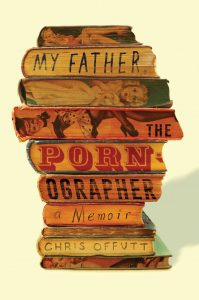 One of the most sensitive, nuanced examinations of father and son relationships.
One of the most sensitive, nuanced examinations of father and son relationships.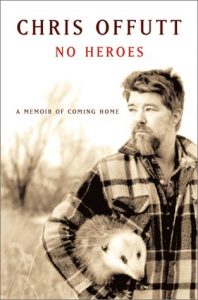 Offutt’s bold refusal to submit to nostalgic sentimentality, even as he admits defeat and forsakes his search for “home,” and his skill as prose stylist set this book apart from the many homecoming memoirs.
Offutt’s bold refusal to submit to nostalgic sentimentality, even as he admits defeat and forsakes his search for “home,” and his skill as prose stylist set this book apart from the many homecoming memoirs.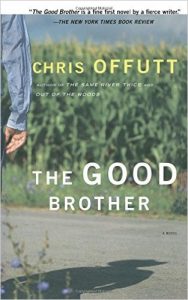 ”The Good Brother” is a fine first novel by a fierce writer.
”The Good Brother” is a fine first novel by a fierce writer. “The story of Mr. Offutt’s journey is so rich and fantastic and desperately honest that it could stand alone. But twined with the slower, lovely wanderings of a man confronting wild nature in the womb of his wife, The Same River Twice is as moving as the current he must cross and recross to find his way.”
“The story of Mr. Offutt’s journey is so rich and fantastic and desperately honest that it could stand alone. But twined with the slower, lovely wanderings of a man confronting wild nature in the womb of his wife, The Same River Twice is as moving as the current he must cross and recross to find his way.”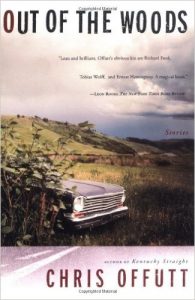 “Wariness is the main quality Offutt’s characters present to their fellow men — that and a devotion to solitude. Yet when Offutt’s characters carry their sense of solitude off to the busier, more populous parts of the American landscape, they can experience a chilling sense of alienation … For his Kentucky exiles, acting out can become a form of nostalgia.”
“Wariness is the main quality Offutt’s characters present to their fellow men — that and a devotion to solitude. Yet when Offutt’s characters carry their sense of solitude off to the busier, more populous parts of the American landscape, they can experience a chilling sense of alienation … For his Kentucky exiles, acting out can become a form of nostalgia.” “Mr. Offutt learned to tell stories, which is what he does these days, exquisitely.”
“Mr. Offutt learned to tell stories, which is what he does these days, exquisitely.” The novel is an undeniable testament to the importance and clarity of Offutt’s voice in contemporary American literature.
The novel is an undeniable testament to the importance and clarity of Offutt’s voice in contemporary American literature.